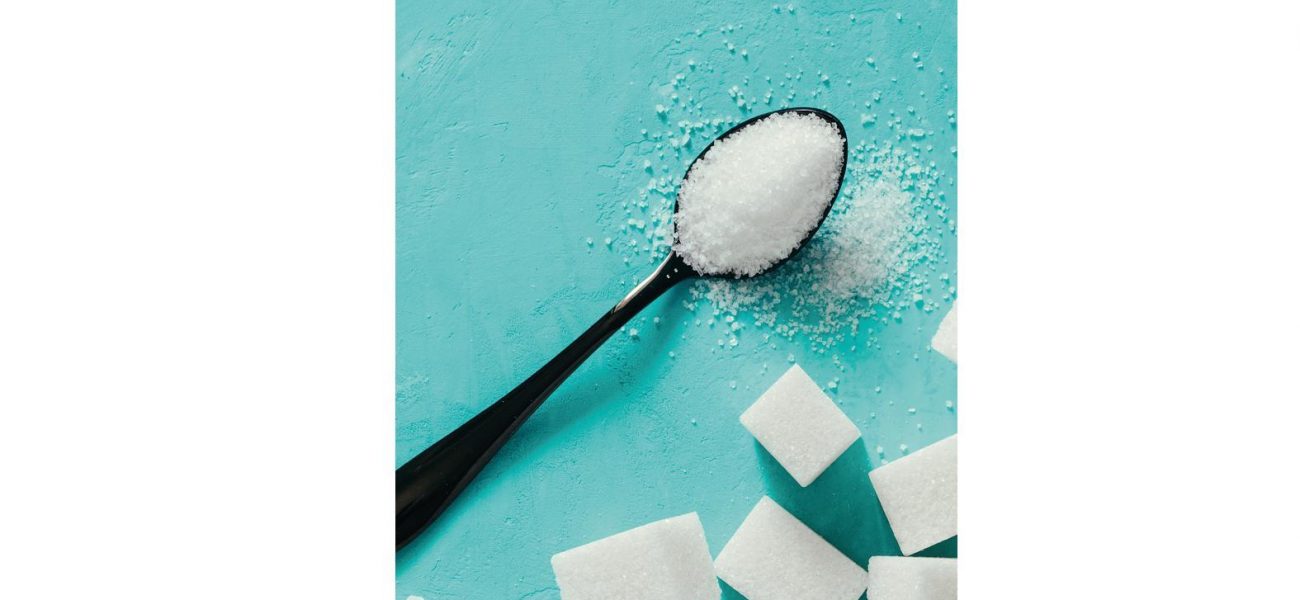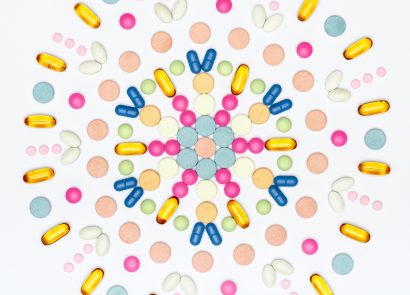We’re all a little addicted to the white stuff, but there’s never been a better time to conquer your cravings…
“I wanna little sugar in my bowl…” The iconic Nina Simone song crystalises a sentiment most of us know only too well: life can be an uphill struggle and a little sweetness is richly deserved. And yet, if one message has emerged unchallenged from the past five years of health research, it’s that sugar is not our friend. In fact, according to research conducted last year by the Food Standards Agency, sugar content has overtaken price as our biggest concern when picking an item off the shelf. If you still struggle to curb your cravings, here’s some inspiration to start today.
1. It harms your heart
“The prevailing wisdom for many years has been that fat causes heart disease,” says nutritionist Dr. Marilyn Glenville, author of Natural Alternatives to Sugar. “But this is a myth: it’s sugar and foods that are broken down into sugar quickly (like refined carbohydrates, white bread and white rice) that are the culprits. It all comes down to insulin, the hormone released when your blood-sugar rises. When you have a meal, insulin normally sends a signal to your liver not to release fats into your bloodstream because your body is dealing with fat from the meal. However, if too much insulin is being released too often in response to your food (sugar and other refined carbohydrates) your liver produces too much cholesterol in general and too much ‘bad’ LDL cholesterol in particular.”
2. It raises your diabetes risk
“While sugar doesn’t directly cause diabetes, eating too much long-term can promote weight gain which may increase your risk of type 2 diabetes,” says Dr Sarah Brewer. “Researchers from the University of Cambridge who followed more than 25,000 men and women living in Norfolk for 11 years found that every five percent increase in a person’s total energy intake provided by sugar-sweetened drinks was associated with an 18 percent increased risk of developing type 2 diabetes.”
3. It exacerbates stress
It was spring last year that researchers at the University of Warwick disproved the myth that a ‘sugar rush’ can boost our mood. What’s more, evidence suggests it can actively harm our state of mind. “Recent scientific research points to strong links between excessive sugar consumption and mental health risks, and in particular the role that refined sugar plays in promoting various depressive disorders and mood imbalances,”says functional health coach Lisa Irving (instagram.com/lisaromanova). “There are several mechanisms through which sugar can have a toxic effect on our mental health. One of them is chronic inflammation which disrupts the normal functioning of the immune system and leads to a greater risk of depression. Significant impairment of our microbiome is another. Gut health plays an incredibly important role in modulating our stress response, specifically through balanced production of neurotransmitters that control our feelings and emotions. Removing sugar from the equation can be one of the key interventions to balance our emotional state.”
4. It attacks your tooth enamel
Dental caries, better known as tooth decay, is one of the most common health problems in the UK, with an estimated one in three adults affected. The culprit? You know it already: the enamel-attacking acids created when the bacteria-rich plaque on our teeth comes into contact with sugar. While toothpastes and dental brushes are becoming ever more sophisticated in the fight against decay, dropping your sugar intake is a sure-fire solution. Not that those natural sugars in fruit should be eliminated…”A healthy diet is important in oral and general health, so you should make sure you have a well-balanced diet with sufficient fresh fruit and vegetable intake,” says Dr Reena Wadia, gum specialist and founder of RW Perio (rwperio.com). “Diet modification is preferred to the use of supplements but with fruit, as it can be acidic, try not to spread it out throughout the day. Instead focus on getting a good amount but limit the frequency.” And of course, avoid frequent intakes of ‘free sugars’, whether in processed foods, bakery items or even fruit juices, at all costs.
5. It adds empty calories
The calorie has fallen from favour as a rather simplistic unit with which to judge our food. After all, this simple expression of the energy we ingest doesn’t tell us anything about how our body will metabolise that energy, and what benefits or disadvantages it brings to our body. With sugar, however, the case is clear cut: a teaspoon of refined sugar brings our body 16 calories (also expressed as 70 kilojoules of energy) but none of the protein, fats, fibre, vitamins or minerals that our body needs to function.
6. Easy alternatives do exist
Learning to live without sweetness is a dire prospect for most of us, but also an unnecessary one. Retraining your palate to appreciate the natural sweetness in fruit and veg – usually blotted out by our exposure to refined sugars – can take just a few days. Opting for cherries, blueberries or grapes instead of confectionery will give you a sugar hit with added fibre (helping ease the effect on your blood sugars) and micronutrients. What’s more, avoiding caffeine and alcohol, both known to stimulate cravings, will support you in the quest for a life less sugary. Finally, sweeteners can help reduce your calorie intake and dental risk without forgoing a sweet treat and are recommended for anyone keen to cut their blood-sugar levels.
7. Making new habits is empowering
Whether you consider yourself someone with a sweet tooth, or have just accepted certain habits are a non-negotiable part of who you are, challenging ingrained behaviours can be incredibly rewarding. “Change is much easier than we think,” says life coach and psychologist Iona Russell (ionarussell.com). “In fact, it’s our thinking that makes it hard – we beat ourselves up for ‘failing’ at giving up the ‘bad habit’.” Instead, Iona suggests we unpick our relationship with sugar and treat ourselves to a better alternative. “Maybe your relationship with sugar started as a reward for passing an exam, or a comfort when you were sad. This forms the unconscious belief you need it to feel better. Lighten up and look at the triggers – find positive ways of fulfilling the same needs, and plan for them. So next time you feel the trigger emotion you’ll go for a walk, to the gym, or eat an apple. It’s an empowering way of thinking.






















